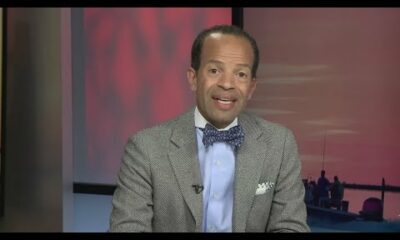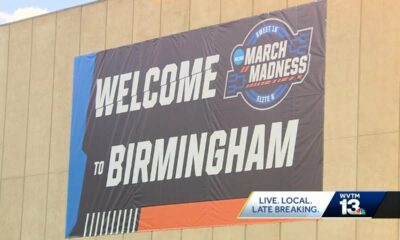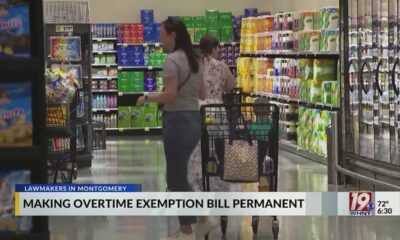(The Center Square) – The debate over whether taxpayers should be on the hook for constructing professional sports stadiums has made its way back to Capitol Hill as lawmakers look to end taxpayer subsidies for multi-billion-dollar complexes.
Reps. Don Beyer, D-Va., Glenn Grothman, R-Wis., and Sens. James Lankford, R-Okla., and Cory Booker, D-N.J., introduced bipartisan, bicameral legislation calling for the end of taxpayer subsidies to build professional sports complexes.
The No Tax Subsidies for Stadiums Act would terminate the ability for professional sporting teams to utilize tax-exempt municipal bonds to finance the construction of stadiums. The lawmakers argue that the tax exemptions were “originally intended to help local governments fund essential public infrastructure projects,” including hospitals, schools and roads.
The legislators claim the “loophole has enabled wealthy sports franchises to benefit from taxpayer dollars, often with little measurable economic return to the surrounding communities.”
The lawmakers contend that in the last 25 years, over 40 sports stadiums have been “financed” using the tax-exempted municipal bonds, claiming to have cost taxpayers “an estimated $4.3 billion in lost federal revenue.”
In February, The Center Square reported on $1.2 billion in public funds requested to help build a new stadium for the Cleveland Browns, which is estimated to cost $2.4 billion.
In 2023, The Center Square reported on another stadium project involving the construction of a new stadium to house the Tennessee Titans, requesting a $500 million bond from the state of Tennessee.
The Tax Foundation reported that, according to sports economists, over 50 years between 1970 and 2020, taxpayers “‘devoted $33 billion in public funds to construct major-league sports stadiums and arenas'” in the U.S. and Canada. Adding that the public was left “on the hook for nearly three-quarters of the costs of each new sports venue.”
In 2023, Virginia Gov. Glenn Youngkin announced a plan to build a “world-class” entertainment district in Alexandria’s Potomac Yard neighborhood to house Washington’s NBA and NHL franchises as part of a $2 billion public-private partnership.
At the time, Youngkin touted the development as a major economic boost. Supporters claimed it would generate a $12 billion economic impact for Alexandria and the commonwealth while creating 30,000 jobs.
The deal to move the teams across the Potomac has since died.
Despite the governor’s claim, The National Conference of State Legislatures says the “economic impact of stadiums” on cities “is negligible.” However, construction of new stadiums does create jobs, such as, construction and seasonal employment.
NCSL questioned the “quality of the jobs,” citing stadium workers and “game-day personnel,” who often perform “low wage, temporary and part-time” work.
Beyer, whose district includes Alexandria, argues that taxpayers shouldn’t be “forced to fund” sports complexes.
“Billionaire owners who need cash can borrow from the market like any other business. Arguments that stadiums boost job creation have been repeatedly discredited. In a time when there is a debate over whether the country can ‘afford’ investments in health care, childcare, education, or fighting climate change, it is ridiculous to even contemplate such a radical misuse of publicly subsidized bonds,” said Beyer.











































